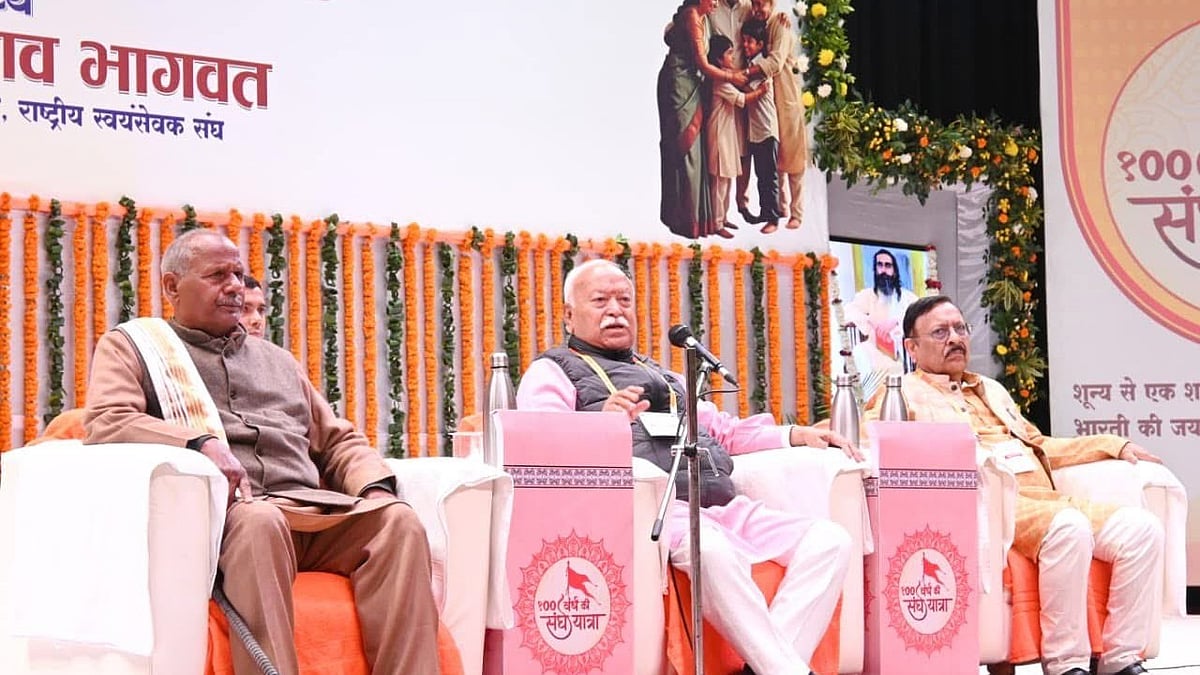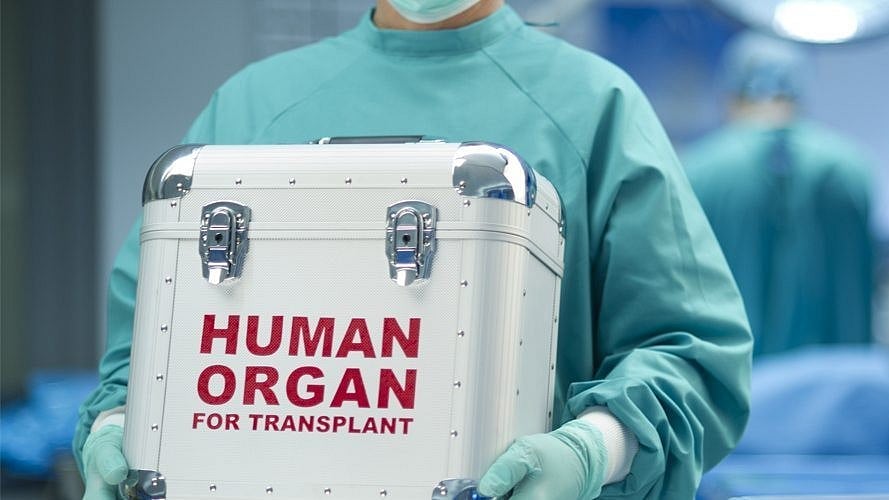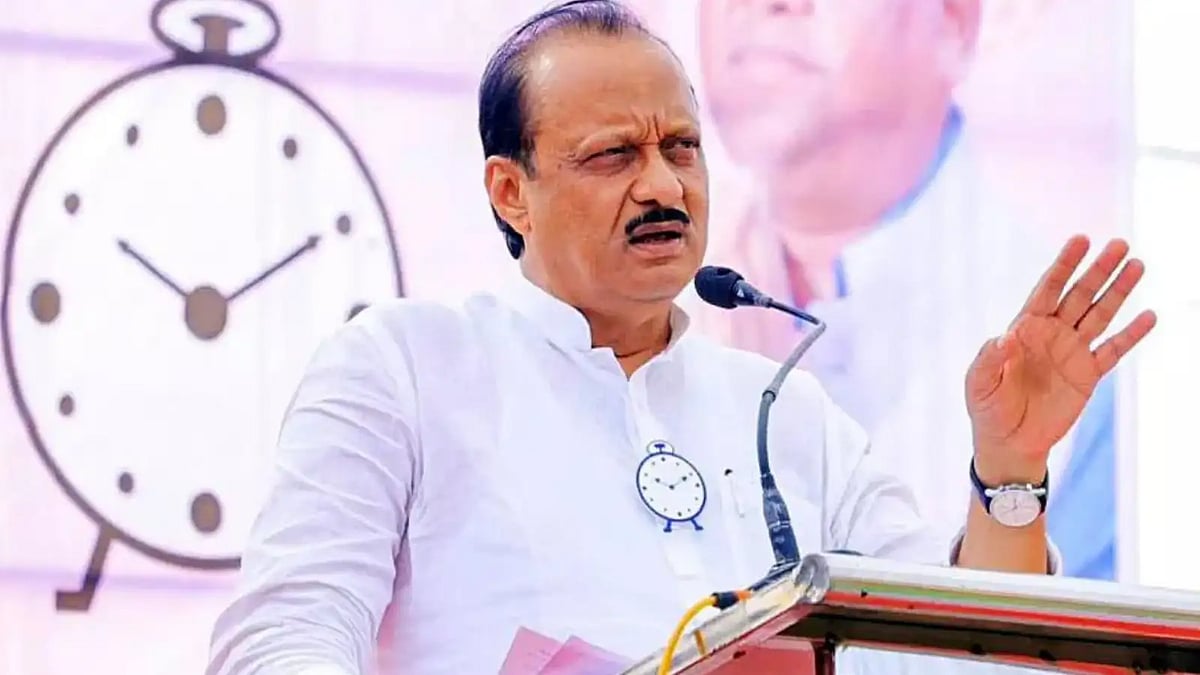After almost two months of political paralysis, 12 hustings, countless policy launches, acrimonious debate and relentless mud-slinging, the Conservative leadership contest ended on a predictable note last week. Foreign secretary Liz Truss emerged victorious from a bruising contest that left many Tory MPs despairing over the poor quality of debate and the level of vitriol. Liz Truss won the leadership contest comfortably but not convincingly, beating her rival, former chancellor Rishi Sunak, to become Britain’s 56th prime minister and the third woman prime minister, after Margaret Thatcher and Theresa May.
In the leadership contest, Ms Truss was not the party MPs’ first choice. But she showed a better understanding of how to woo the 160,000-odd Tory members, though not even half of the eligible party members voted for her. While Mr Sunak ran a good campaign after a poor start, the single biggest factor for his defeat is believed to be his role in toppling the Boris Johnson government on July 7, as his resignation as chancellor precipitated Mr Johnson’s downfall. Ms Truss, on the other hand, presented herself as loyal to Mr Johnson and cast herself as heir to Ms Thatcher on the campaign trail, though her approach is markedly different to her idol’s.
Few incoming occupants of No 10 Downing Street know what the defining issue of their premiership will be before they enter office. Liz Truss could be an exception. Considering that the new prime minister faces multiple challenges and overlapping crises besides the broader economic gloom, the defining issue of her premiership could be to deal with the present crises and then tackle their root causes. Not only Britain needs a decisive leadership now like never before, it also needs a bold plan to support households, business and the health sector to get through winter and a long-term plan to tackle inflation and reinvigorate growth to get out of the looming recession.
While the damage caused by the protracted contest will take some time to repair, there is little time for Ms Truss to settle down in her new job, as the highs of victory will rapidly give way to the reality of the task ahead. As expected, she hit the ground with the announcement last Thursday of an annual cap on household energy bills of £2,500 for two years. The £130 billion scheme is the largest fiscal intervention in the energy market ever by a UK government, and comes after Ms Truss originally said in the leadership contest that she was not in favour of “handouts”. The plan will mostly be paid for through increased borrowing, driving the UK’s debt pile to even higher levels.
Ms Truss has promised to swiftly cut taxes, including reversing the National Insurance contributions hike and the planned increase in corporate tax from 19% to 25%, besides offering more support to households struggling with their energy bills. Longer term, she has pledged to raise defence spending to 3% of the GDP by 2030, which would mean an extra £157 billion over eight years, according to the Royal United Services Institute military think tank. Her bold and ambitious plans appear to have won her over many of the Tory faithfuls, though Mr Sunak’s supporters say her economic plans are flawed and will fuel inflation and Britain’s borrowing.
With interest rates rising and the markets starting to bet against the British economy, the cost of servicing the national debt is rising sharply, putting pressure on Ms Truss to drop some of her costly plans. Many Tory MPs reportedly fear the worst in the coming months; their fear is that Ms Truss could be too rightwing, populist and Brexit-focused, which would be an “electoral suicide note” for the Conservative Party in the next general election. Though the election is due in 2024, it is widely speculated that Ms Truss might go for an early poll.
Ms Truss has inherited a fragile economy. Britain is projected to enter a lengthy recession as the energy crisis bites, with real household incomes set for their biggest fall in decades. With the country still struggling to overturn structural weaknesses that have affected its lacklustre growth since the 2008 financial crisis, Ms Truss’s first priority will be to cushion the impact of soaring energy costs. Reports suggest Britain is set to be one of the hardest hit countries in Europe by the energy crisis, which is being largely blamed on Vladimir Putin’s invasion of Ukraine and his cutting back on gas supplies to the continent.
The new prime minister has wavered on providing handouts, but has considered cutting VAT and suspending green levies. A failure to directly support at least the most vulnerable households and enterprises is perceived as catastrophic for the economy as well as Ms Truss’s 2024 electoral chances. As tough economic realities await Britain’s new prime minister’s plan of action, Ms Truss will need to balance her pledges and economic necessities. New borrowing will be necessary to handle the immediate cost-of-living crisis. Ms Truss’s additional 30 billion pounds in promises to reverse increases in National Insurance and the planned corporation tax rise, according to the Financial Times, risk undermining the public finances.
“Public debt stands at 96% of UK GDP, the highest since the early 1960. And unlike in the aftermath of both the financial crisis and Covid pandemic, interest rates are now rising too, making debt harder to service. Any fiscal room is likely to have shrunk. This means long-term debt dynamics could become unsustainable,” says the Financial Times. This means stretching the public purse will be even harder. It is too early to say what Ms Truss will do in office, but a new consensus is emerging that instead of central banks stabilising the economy, fiscal policy will take more of the strain which may not help Britain. It is also hard to say which ideology will survive the current socio-economic crisis.
The Conservatives have been in office for 12 years and time has taken its toll on the party which is wearing thin of the talent. Britain is said to be at the end of a political cycle. The beginning of the end of Tory rule seems to have begun and the Labour Party is delighted that they could beat Liz Truss in the next election.
The writer is a senior independent Mumbai-based journalist. He tweets at @ali_chougule









